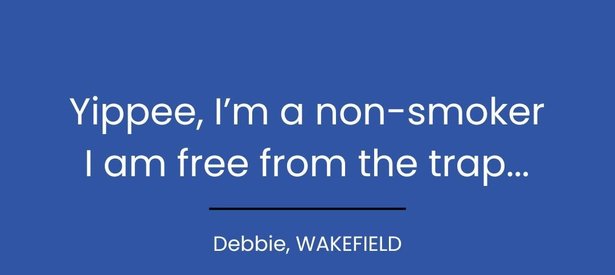
Published at 02 December, 2025 15:16.
Debbie quit with the support of Yorkshire Smokefree Wakefield. She wrote this mantra and shared it with her stop smoking advisor, Fazila, and gave us permission to share it online. Take a moment to sit back and enjoy...
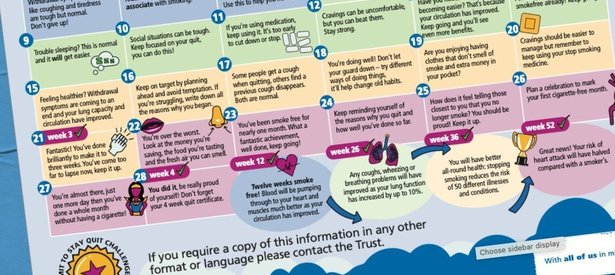
Published at 01 December, 2025 09:10.
Enjoy a fantastic smoke free December and look forward to a healthier Christmas and New Year with these daily quit tips from Yorkshire Smokefree Wakefield Advisor, Carrie.
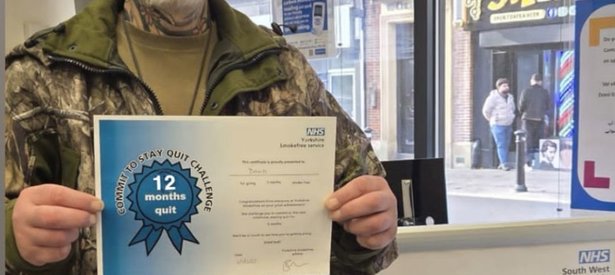
Published at 25 November, 2025 10:37.
Here at Yorkshire Smokefree we celebrate your smoke-free milestones, whether that's a week without tobacco or a year!
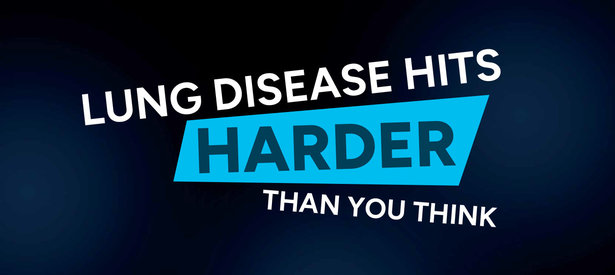
Published at 20 November, 2025 08:14.
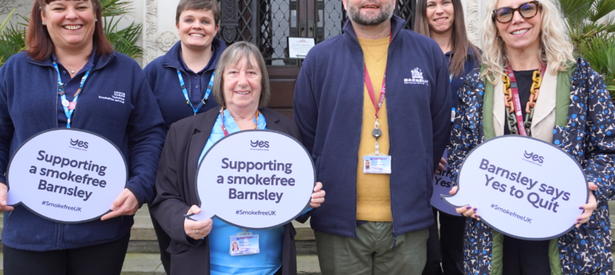
Published at 17 November, 2025 14:57.
The number of people smoking in Barnsley has fallen significantly over the last twelve months, helping us achieve our lowest levels of smoking prevalence since current records began.
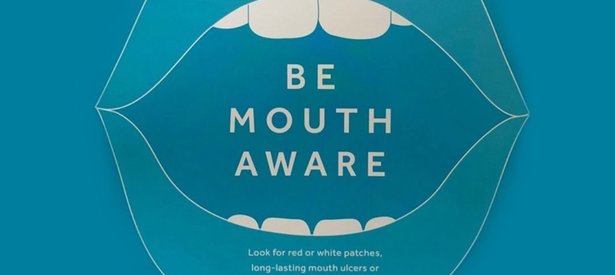
Published at 01 November, 2025 13:14.
It's Mouth Cancer Action Month and I am “Taking Action” this month, helping people to think about mouth cancer and raising awareness of the risks, symptoms and how you can “take action” too.

Published at 22 October, 2025 11:55.
It's time to wear PINK for Breast Cancer Awareness Month.
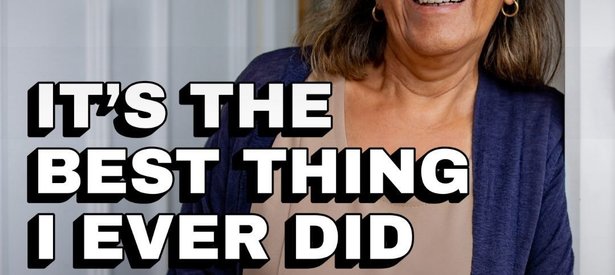
Published at 30 September, 2025 13:30.
A poem for Stoptober, written by our stop smoking advisor Carrie, from our Wakefield team.